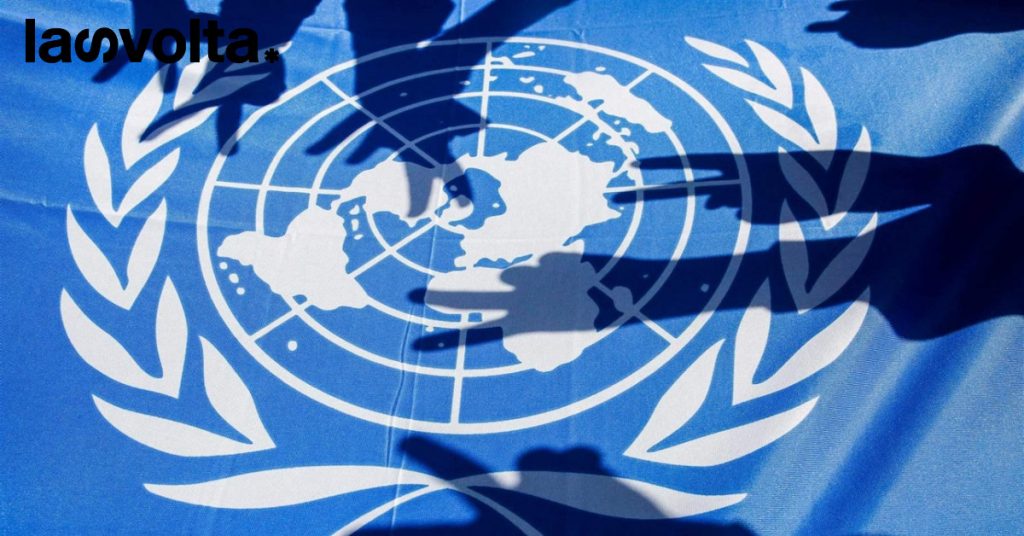World leaders has failed humanity: no agreement on High Seas Treaty

The scientific community, lobbyists and environmental campaigners have expressed their utter disappointment after world leaders came close but failed to pass theUnited Nations High Seas Treatyin New York last week. This is a blow to humanity. It was the fifth opportunity for them to reach an agreement after the four previous attempts failed. Developing countries, Small Island Developing States (SIDS) in particular, were counting on this treaty as a panacea to help heal the ocean and consequently ensure their survival and sustainable development. As theformer President of the Seychelles,a small island nation in the Indian Ocean, I mark this failure asanother missed golden opportunity for leaders of the world to rise to the challenge and protect the lungs of the planet. TheOceanabsorbssome 23% of human-caused carbon dioxide emissions and more than 90% of the excess heat created by human-caused greenhouse gases.As such, it helps regulate our climate and fight global warming which is currently wreaking havoc in many parts of the world. Furthermore, billions of people depend on the oceans for their livelihoods.Surely it deserves better! I have been very vocal in international fora on the importance of a new treaty to better regulate the high seas, which constitutes two thirds of the world’s oceans but of which only a little over one percent is protected. We have been making good progress with the 30X30 campaign of getting countries to commit 30 percent of their marine space as meaningful protected areas by 2030,helping to build the resilience of ocean life to adapt to climate change.An agreement in respect of the high seaswould have meant even more protected areasas well as deterring of unsustainable and detrimental practices like overfishing and deep-sea mining taking place on the open seas. I have stated many times before that the world is one big ocean after all. What takes place in one part of the world has consequences on the other parts. This is certainly true of the high seas, which are beyond national jurisdictions. Because of its vastness, the activities taking place there have consequences on ecosystems, livelihoods, weather and climate. As one of the pioneers of theBlue Economy, Itake every opportunity to caution that any blue economy benefit will be short lived without healthy oceans flourishing with marine and coastal ecosystems. There can be no sustainable Blue Economy without ocean protection! Alluding to the fact that it has been 40 years since the world last had an agreement with regards to ocean protection, I argue that with the wealth of scientific data and knowledge amassed since the 1982UN Convention on the Laws of the Seas, our leaders should have known and done better. It is disappointing thatthe leaders of the world have once againfailed humanityby allowing greed to win over survival. No matter how hard we work and how much efforts we put into trying to work towards measures to save life on the planet, our leaders continue to fail humanity. Still, despite this disappointment,I am still hopeful.I remain optimistic for our ocean and planet. We must persevere and hope that reason will eventually prevail before it is too late.